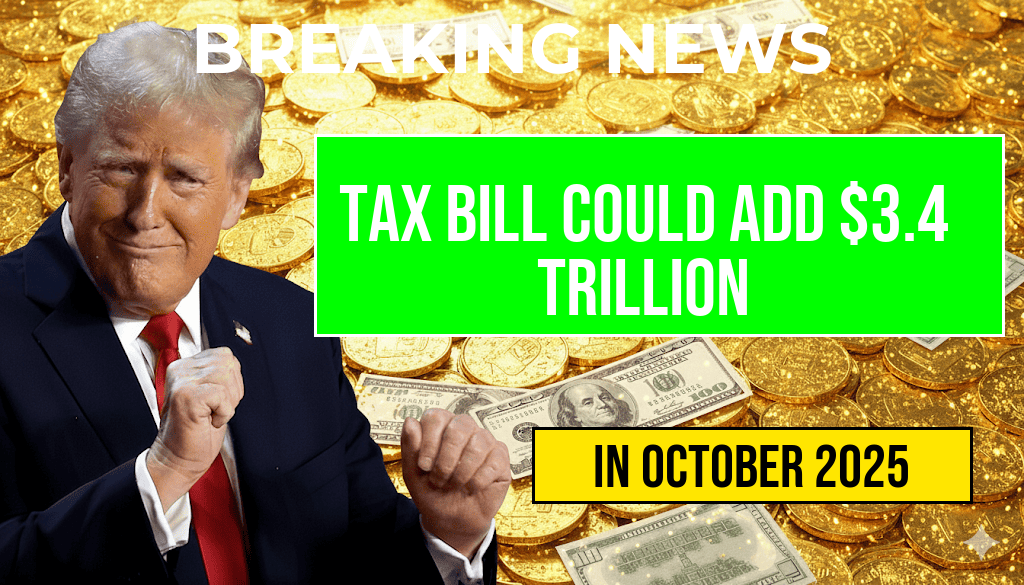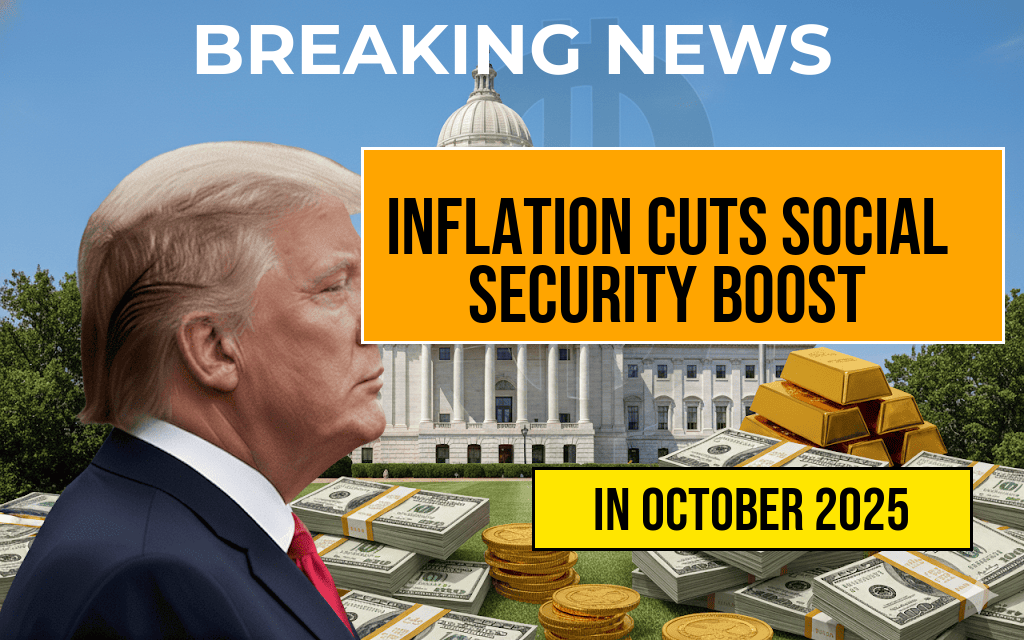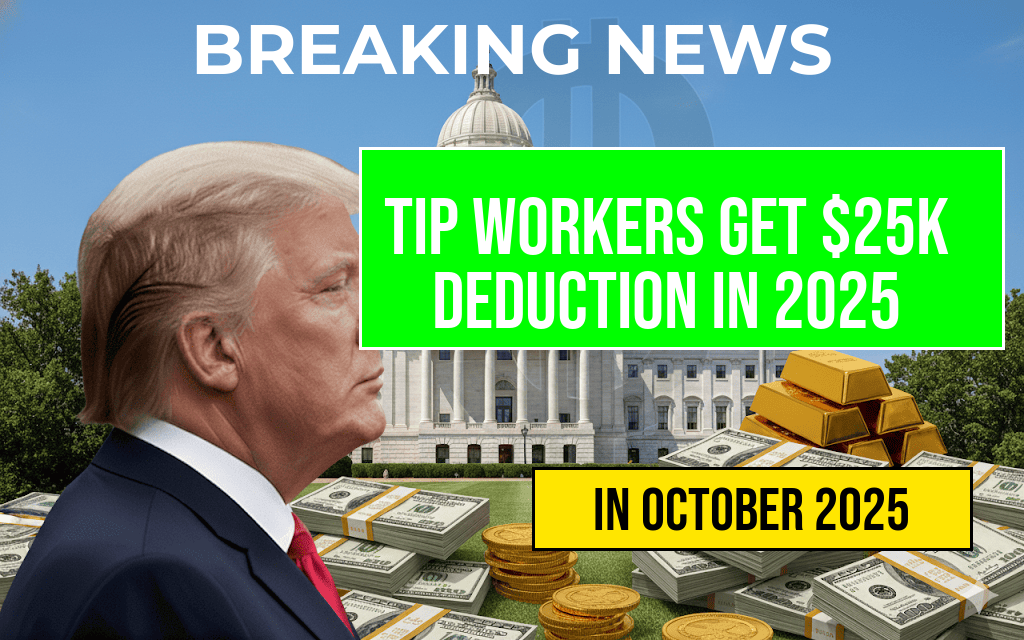Federal lawmakers are raising alarms over the proposed legislation dubbed the “One Big Beautiful Bill”, which critics warn could dramatically swell the national deficit by approximately $3.4 trillion. The bill, aimed at comprehensive reforms on taxation, healthcare, and social programs, has garnered support from some policymakers eager to streamline government operations. However, financial analysts and budget experts caution that the legislation’s projected fiscal impact could undermine long-term economic stability. The controversy centers on the bill’s expansive scope and the estimated increase in federal spending, which, if enacted without offsetting measures, might significantly exacerbate the nation’s debt burden.
What the Bill Encompasses
The “One Big Beautiful Bill” proposes a wide-ranging overhaul of several key sectors, including tax policy, healthcare funding, and social safety net programs. Proponents argue that the legislation aims to simplify complex tax codes, reduce administrative burdens, and stimulate economic growth. Critics, however, contend that the bill’s financial assumptions underestimate costs and overstate potential revenue gains, raising concerns about its long-term fiscal sustainability.
Major Components of the Legislation
- Tax reforms: Proposed reductions in corporate and individual tax rates, alongside new credits aimed at middle-income families.
- Healthcare adjustments: Expansion of subsidies and adjustments to Medicaid funding formulas intended to improve access and reduce costs.
- Social programs: Increased funding for workforce development and child care initiatives.
Projected Fiscal Impact
Preliminary analyses from the Congressional Budget Office (CBO) suggest that the bill could lead to an increase in the federal deficit by roughly $3.4 trillion over the next decade. This projection assumes that the bill’s revenue-raising measures will fall short of expectations, while spending commitments remain largely intact.
| Category | Projected Change |
|---|---|
| Additional Deficit | $3.4 trillion |
| Revenue Loss | $1.2 trillion |
| Additional Spending | $4.6 trillion |
Budget experts warn that such a deficit increase could have ripple effects across the economy, potentially driving up inflation and leading to higher interest rates. The Congressional Budget Office has emphasized the importance of implementing offsetting measures to mitigate these fiscal risks, but details on such strategies remain vague at this stage.
Political Reactions and Concerns
Supporters’ Perspective
Lawmakers advocating for the bill emphasize its potential to simplify taxation and boost economic growth. Representative Jane Doe, a leading supporter, stated, “This legislation is about creating a fairer, more efficient system that benefits everyday Americans while making government more accountable.” Supporters also highlight the bill’s focus on expanding access to healthcare and improving social safety nets.
Opposition and Warnings
Opponents, including numerous fiscal conservatives and economic analysts, caution that the projected deficit increase could threaten the country’s fiscal health. Senator John Smith remarked, “This bill, as drafted, risks loading future generations with unsustainable debt. We need to prioritize responsible spending and revenue measures.” Critics argue that the legislative package lacks sufficient mechanisms to offset the anticipated costs, raising concerns about long-term impacts on the national economy.
Expert Analysis and Future Outlook
Economists from institutions like the Congressional Budget Office and independent think tanks warn that aggressive fiscal expansion without clear revenue sources could diminish America’s financial resilience. Some suggest that the bill’s success hinges on its ability to stimulate economic activity enough to offset increased spending—a scenario that remains uncertain given current economic conditions.
As debates continue in Congress, the question remains whether the bill’s ambitious reforms will be balanced with prudent fiscal planning. Stakeholders across the political spectrum agree that the stakes are high—poorly managed, the legislation could contribute significantly to the nation’s mounting debt, with long-lasting implications for taxpayers and future policymakers.
For further insights into the federal budget and debt management, visit Wikipedia’s page on the U.S. national debt or consult reports from Forbes.
Frequently Asked Questions
What is the main concern regarding the “One Big Beautiful Bill”?
The primary concern is that the bill could increase the federal deficit by approximately three trillion four hundred billion dollars, potentially impacting the nation’s financial stability.
How might the bill affect the national deficit?
The bill is projected to significantly increase the deficit by over three trillion dollars, which could lead to higher public debt and future economic challenges.
What are the potential economic implications of the deficit increase?
An increase in the deficit of this magnitude may result in higher interest rates, reduced government spending on essential services, and increased economic instability.
Who are the main stakeholders concerned about this bill?
Key stakeholders include taxpayers, fiscal policymakers, economists, and government officials who are worried about the long-term financial health of the country.
What actions can individuals or organizations take in response to this bill?
Individuals and organizations can stay informed about legislative developments, advocate for fiscal responsibility, and participate in public discussions to influence policy decisions related to the bill.






